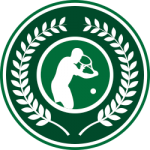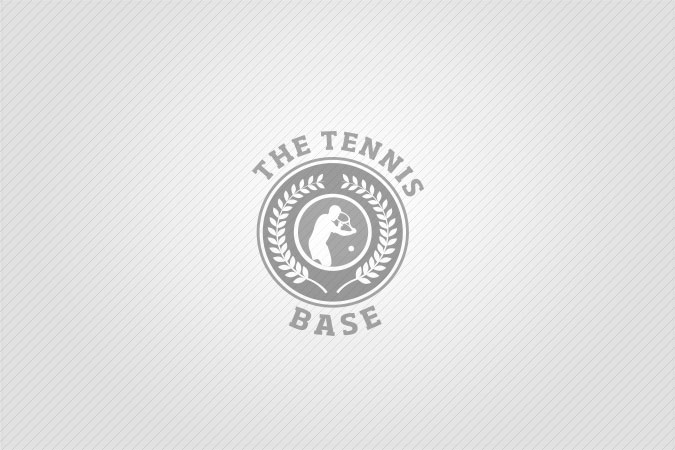With the defeat against Pablo Cuevas at the semifinals of Rio de Janeiro, Rafael Nadal has closed the first stretch of the season with a certainly disappointing balance: eight victories and four defeats, 16th in the ATP Race and unable for the moment to win any player in the top-50. The four matches with players in that ranking – Djokovic, Verdasco, Thiem and Cuevas – are counted as losses.
The Balearic has missed two tournaments, theoretically favourable for him, such as Buenos Aires and Rio de Janeiro; the drought of titles already dates back to last summer, in Hamburg. And if we talk about Masters 1000 and Grand Slam we have to go to Roland Garros 2014 album to see a photo of Nadal biting a big trophy.
The obvious symptoms of recovery he showed in the final third of last season have been dispelled. Not only that, his current game produces even a more negative impression than the one of the worst moments in 2015; in the end, last year he did not lose with players ranked below 30, at least on clay.
The level of Rafa in his match before Cuevas was, and it hurts to say it, quite poor: vulnerable second service, shots shorts and softs, especially with his forehand, lacking in intention and, above all, very slow in his movements, notorious at the time he moved back. When Cuevas played deep, the ball came at him and could be counted by tens of times that Rafa had to hit leaning back and with the weight of his body on his back foot. If there is an immutable law in tennis is which state that, without feet, the errors comes inevitably.
Still more worrying is the resignation with which the Spanish champion seems to take this. Not only on the court, where he ever is more impervious to the ups and downs of the game, but also in his recent statements, in which abounds conformity and absent self-criticism.
Listen to Nadal appeal to luck, or say after a defeat he is playing well, that he has given his best and he expects a good season produces severe perplexity. If it is difficult to recognize Nadal on the court, it is even more doing so outside the courts, where the player demanding, realistic, self-criticism to be tough with himself and he never argued excuses has disappeared to give way to a self-satisfied, resigned version.
A drastic change cannot be for nothing. And it is inevitable to wonder what is going through the head of Nadal. From ignorance of what happens in the kitchen of Nadal clan you can only speculate. A few weeks ago it was Rafa speaking to Canal+ Spain on his Academy and he showed a passion that long does not appear in his press conferences. Nor are to throw away the Francis Roig statements a few days ago: “I do not see Rafa in the circuit as 15 or 20 of the world”.
It seems that Nadal is at a crossroads. He must convince himself that he can really return to compete on a high level. But perhaps he is afraid of living episodes of anxiety as last year and, therefore, he is unwilling to force himself mentally. Because of that we could understand his indulgent statements and his reluctance to discuss his potential recovery. The problem is that without mental demand, it is difficult to find enough motivation to train and compete at the highest level. And the risk is that he starts to believe that he already cannot aspire to major titles, just the opposite of what should be his goal.
Nadal is a player of an impressive track record and with a stunning charisma. With 29 years, all fans hope to see him a few more seasons in the major events fighting for everything. At a time in which Djokovic dominates absolutely the circuit, it would be welcomed that the Spanish back to fight him the titles. From this perspective, there is no doubt tennis needs Nadal. The question now is whether Nadal still needs tennis.



Leave a Reply
You must be logged in to post a comment.